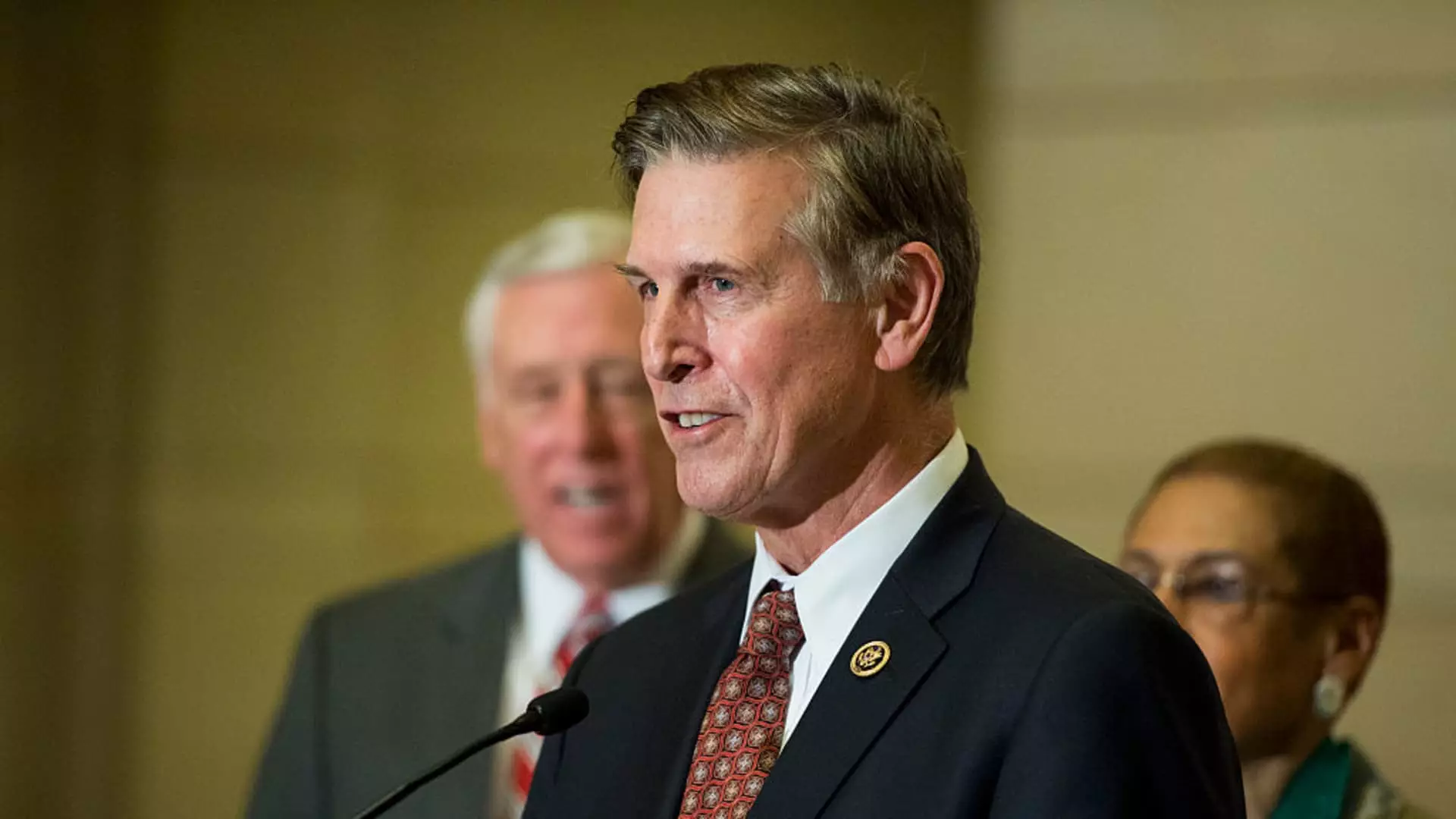Don Beyer, a 73-year-old student at George Mason University, is not your average student. As a top lawmaker on AI policy in Congress, Beyer has found himself fascinated by the subject of AI. This fascination led him to enroll in computer science classes at George Mason University, where he is working towards a master’s degree in machine learning.
Beyer faces unique challenges as a student in Congress. As he balances his responsibilities of voting, working on legislation, and fundraising, he can only take about one class per semester. However, despite these challenges, Beyer believes that each course he takes provides him with a better understanding of coding and its implications. He recognizes the importance of understanding big datasets, the search for linkages, and the unintended consequences that AI can have.
Beyer is deeply involved in several groups of House lawmakers working on AI policy. He is the vice chair of both the bipartisan Congressional Artificial Intelligence Caucus and a newer AI working group initiated by The New Democrat Coalition. Additionally, he was a member of former Speaker Kevin McCarthy’s AI working group and may potentially be part of Speaker Mike Johnson’s revived group. Beyer’s leadership extends beyond the groups, as he is also one of the main proponents of a bill aimed at expanding access to high-powered computational tools necessary for AI development.
While members of Congress rushed to familiarize themselves with AI through hearings and forums, Beyer’s classroom experience provided him with a unique perspective on AI. He gained insights into the intricacies of coding and the potential impact of even the smallest mistakes. Beyer’s daughter, who is also a coder, emphasized the importance of debugging programs, highlighting the imperfections of technology. These experiences have shaped Beyer’s commitment to defending against the downsides of AI.
Congress is grappling with the complexities of AI and how to proceed. Representative Jay Obernolte believes that the House could potentially focus on enacting digital privacy protections for consumers or determining whether a new federal agency should oversee AI or if existing currency agencies should handle the issue. Obernolte commends Beyer’s expertise and passion for the subject, emphasizing the value he brings to the discussions.
Another critical issue Congress is monitoring is the ease at which AI-generated videos and photos can spread, potentially impacting elections and public discourse. Representative Derek Kilmer, who chairs the New Democrats’ AI working group, underlines the urgency of addressing the spread of misinformation and false media. Senate Majority Leader Chuck Schumer indicates that dealing with AI-generated media may be a priority in legislation, emphasizing the need to create guardrails in AI.
Despite the recognition of the importance of regulating AI and minimizing its negative effects, Beyer expresses concern over the pace at which Congress is moving. Given the rapid advancements in AI models, Beyer fears that Congress may not act quickly enough to keep up. Drawing a parallel with the failures in regulating social media, he urges Congress to learn from past mistakes and not repeat them. Beyer acknowledges that passing AI legislation this year is unlikely due to other pressing matters, but he remains hopeful that progress can be made before the 2024 election.
Don Beyer, the 73-year-old member of Congress, is defying expectations and immersing himself in the world of AI through his studies at George Mason University. Despite the challenges of balancing his political responsibilities with academia, Beyer is leading the charge on AI policy in Congress. His insights gained from the classroom have provided him with a deeper understanding of coding and its implications. Beyer’s involvement in various AI-focused groups demonstrates his commitment to addressing the challenges and potential risks associated with AI. As Congress navigates the complexities of AI legislation, Beyer recognizes the need for timely action and safeguards against the negative consequences of AI. With determination and expertise, Beyer aims to play a significant role in shaping the future of AI policy in the United States.


Leave a Reply